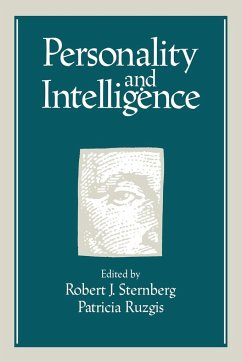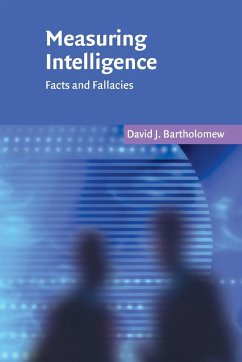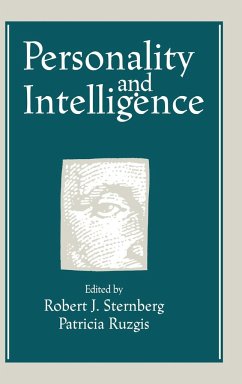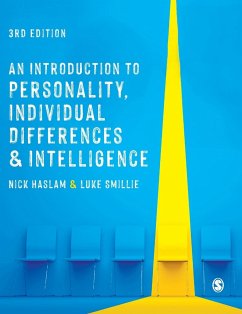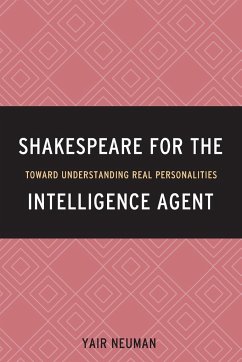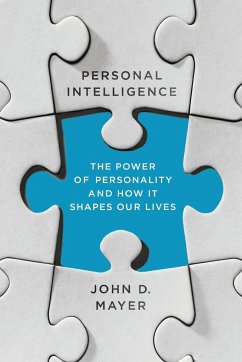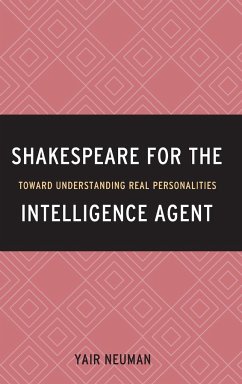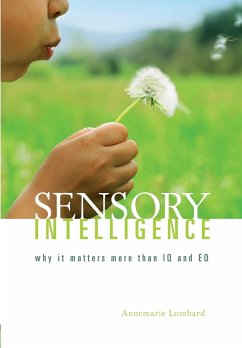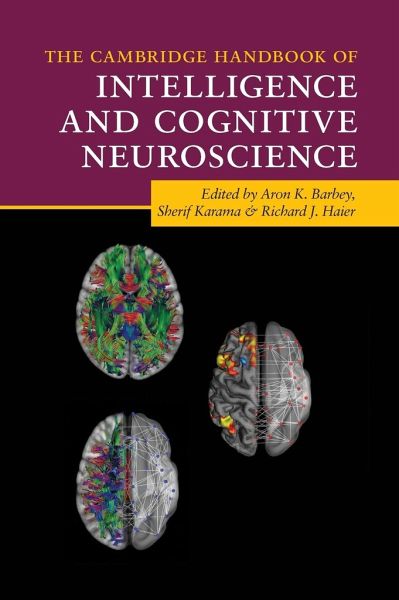
The Cambridge Handbook of Intelligence and Cognitive Neuroscience
Versandkostenfrei!
Versandfertig in 1-2 Wochen
189,99 €
inkl. MwSt.
Weitere Ausgaben:

PAYBACK Punkte
95 °P sammeln!
This handbook introduces the reader to the thought-provoking research on the neural foundations of human intelligence. Written for undergraduate or graduate students, practitioners, and researchers in related fields, the chapters summarize research emerging from the rapidly developing neuroscience literature on human intelligence.






